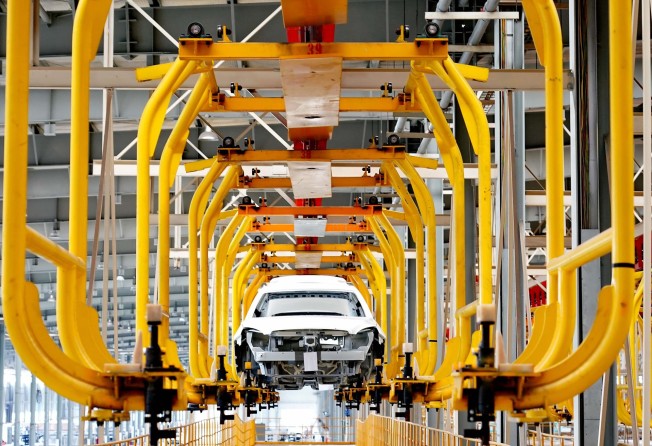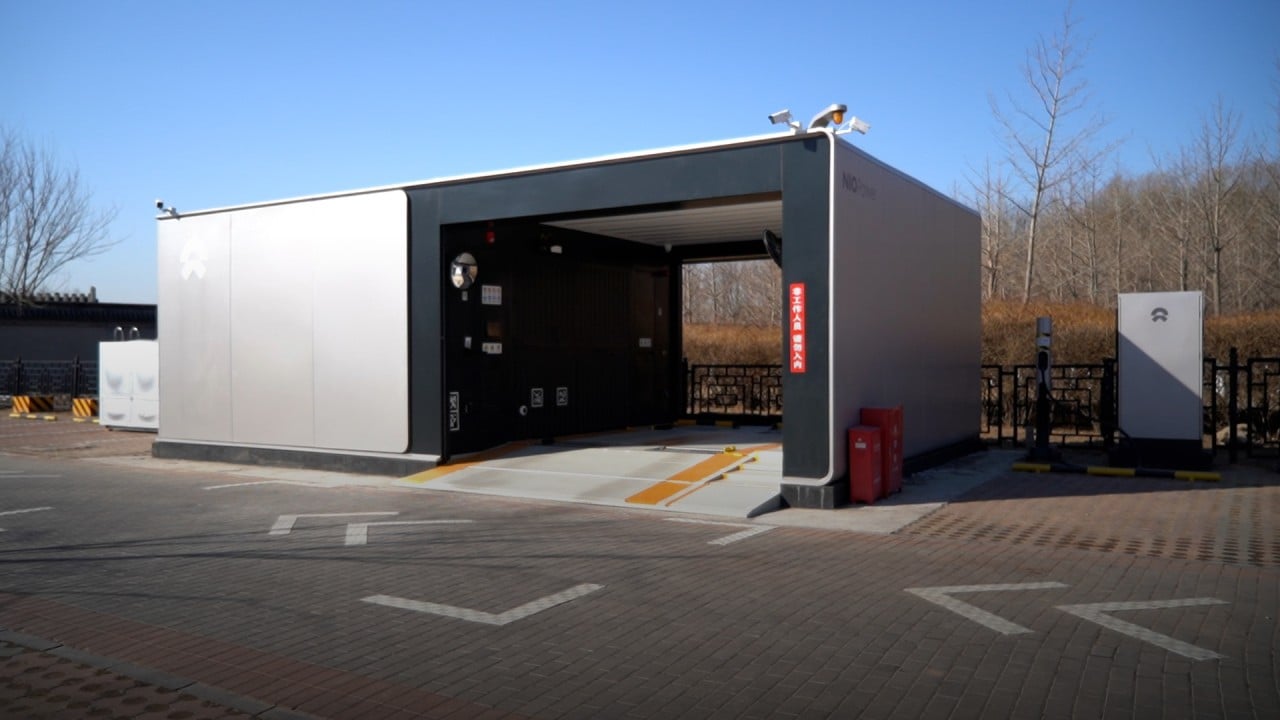
Goldman Sachs: bull market for battery metals is over as lithium, nickel, cobalt projects come on stream
- Huge surplus of cobalt, lithium and nickel over the next one or two years will cause prices to trend lower
- Goldman Sachs expects the price of cobalt to drop by a quarter in 2023

The bull market for battery metals – cobalt, lithium and nickel – is over, with their prices expected to drop over the next two years despite rising demand for electric vehicles (EVs), according to Goldman Sachs.
The US bank’s analysts forecast that there will be a huge surplus of the three metals over the next one or two years, causing prices to trend lower, as the investments poured into boosting their output will lead to excess supply.
“With climate change top of mind, investors are fully aware that battery metals will play a crucial role in the 21st-century global economy, just as bulk and base metals did before them,” said analysts including Nicholas Snowdon in a note published on Sunday. “Yet despite this exponential demand profile, we see the battery metals bull market as over for now.”
Powered by the world’s commitment to fight climate change, policy support and a flood of new EV models, the sales of EVs globally continue to rise. According to the International Energy Agency (IEA), sales of EVs – including fully electric and plug-in hybrids – doubled in 2021 to a record 6.6 million units, with more now sold each week than in the whole of 2012.

To reach net-zero emissions by 2050, at least 60 per cent of car sales have to be EVs by 2030, up from 4.3 per cent in 2020, the IEA said.
Goldman Sachs estimated that from 2022 to 2025, the global lithium supply will grow on average by 33 per cent year on year, cobalt by 14 per cent and nickel by 8 per cent against annual demand growth rates of 27 per cent, 11 per cent and 7 per cent, respectively.
The prices of the battery metals are forecast to peak this year and drop sharply in 2023 and 2024 as a result of the oversupply.
The US bank expects lithium carbonate to average US$53,982 per tonne in 2022, down from the current spot price of over US$60,000, and further fall to US$16,372 in 2023. Cobalt, which hovers at around US$80,000 per tonne currently, will drop by a quarter to US$59,500 in 2023. Nickel will be more stable, but could still drop from US$36,500 per tonne this year to US$30,250 in 2023.
However, the long-term prospects for the three metals remain strong, and prices could rise again after 2024, the analysts said.
“It is important to note that this phase of oversupply will ultimately sow the seeds of the battery materials supercycle over the second half of this decade, in our view, where the demand surge will more sustainably overcome current supply growth,” the analysts said.
China is the global leader in lithium processing and refining, although it only accounted for around 12 per cent of the world’s lithium raw material supply in 2020, according to S&P Global Intelligence analysts.
However, the country is expected to drive lithium production output in the future.
Last week, China’s state-controlled lithium carbonate producer Qinghai Salt Lake announced the development of a 40,000 tonnes per year capacity expansion, with construction expected to be completed in the next two years.
In April, Tesla battery supplier Contemporary Amperex Technology won exploration rights to a lithium clay deposit in China, which is estimated to contain about 2.66 million tonnes of lithium metal oxide.
The increasing demand for energy storage installation for renewable-based power grids which requires stabilisation of power flows could also drive up battery demand along with growing EV sales.
Goldman Sachs estimated that global battery demand is expected to increase by 440 per cent by 2030.
